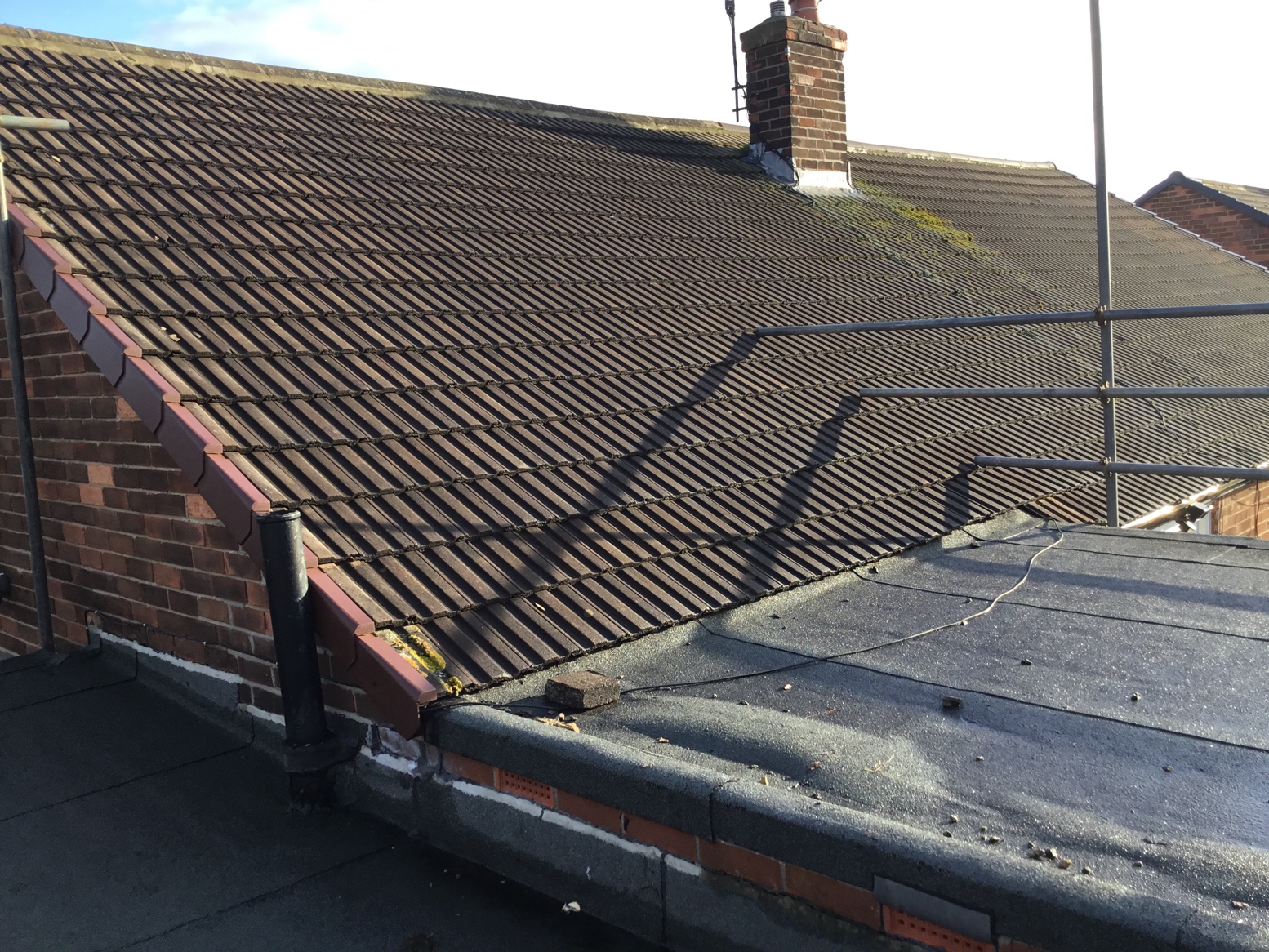When you have an effective security system in your home, you feel secure and safe 24/7. It’s however, important to note that you can use different technologies and techniques to protect a home. And, different home security system providers offer varying technologies and services to provide a safe living for their clients.
When choosing a home security system, it’s essential to review the available options. Consider different companies, the technologies, and services they offer. Important to remember that both nationwide leaders like Frontpoint and almost unknown local companies can provide quality service on an equal footing. Check the products or equipment packages that are offered by different companies and how they suit your home.
Every year, over 2 million burglaries occur in the U.S. That means a home is being broken into somewhere in the U.S every 15 seconds. The best way to prevent your home from being broken into is by installing an effective home security system. But, with so many security systems to choose from, identifying an ideal system for your home can be a challenge. Here are useful tips to help you choose the best home security system.
-
Connection Type
When choosing a home security system, it’s important to decide on the connection type. How do you want the system to communicate with your monitoring system? Security systems use three major types of connection. These are cellular, broadband, and landline. Some home security system providers offer these types of connections. However, some offer one or two connection types.
2.Equipment Offerings
Depending on the home security provider and their suit of equipment bundle and products, your system will have certain devices that will be either hardwired or wireless. Wireless devices are associated with self-installation and self-monitoring. They connect to the security system wireless to a phone, main system, and additional devices using a wireless communication protocol. This can be cellular, radio, Bluetooth or Wi-Fi.
Hardwired equipment, on the other hand, use physical wires to facilitate communication between the security system’s devices. The control panel of the system is wired to sensors, alarm keypad, and smoke detectors among other devices.
Overall, a standard home security system should include sensors, a base station, and may include cameras. Other equipment may include a tilt sensor and a glass break sensor.
3.Installation
Consider whether you need professional installation or you can install the security system yourself. Some providers offer self-installation or professional installation only. However, some companies allow homeowners to decide.
But, it mostly depends on several factors. For instance, is the equipment of the security system hardwired or wireless? Have you chosen to self-monitor or professional monitoring services?
If you choose professional installation, the home security system provider will have certified technicians install the unit during a pre-scheduled time. That means the technicians will set up things like the thermostat, control panel, and anything else you choose for your home. They will also activate the system to leave it running properly.
Self-installation is a do-it-yourself approach. It means you install the security system yourself. Most wireless systems are easy to install because they don’t require much drilling. Some of them require adhesive to attach. As such, they are ideal for rented homes. In most cases, they come with video tutorials and hotlines that customers can use to contact the providers.
4.Cost
The amount you pay for a home security system is an important factor to consider. This will depend on several factors. For instance, do you need the help of professionals to monitor your home? If yes, you might have to pay a monthly or annual subscription fee for home surveillance. Some providers contact the local police and fire departments whenever the alarm is triggered. Nevertheless, you will pay more to get a higher service level.
5.Customization
It’s important to consider the customization possibilities when choosing a home security system. An ideal system allows you to personalize it if you want to have rules like turning the lights on whenever sensors detect motion or when a door is unlocked. You can also customize the system to prompt the camera to start recording whenever the alarm goes off or something triggers the sensor. The video can be stored in the cloud or a local device.
6.The Reputation of the Provider
A home security system is for protecting your home, family, and valuable possessions. It’s therefore, important to choose a reputable company that knows the importance of this system. You can get recommendations from your renters or homeowners insurance carrier. Choose a reputable security company only and read reviews about it first.
7.Ongoing Service Fees
How much will it cost to keep the home security system running? Recurring fees can cost you more than the initial installation cost. Therefore, inquire about the ongoing fees you’re likely to incur when you install a specific home security system. That way, added maintenance, customer service, and repair fees won’t come as a surprise. Some providers offer whistles and bells at no cost for a specific duration. However, the maintenance fees of a security system can range from a tolerable amount to exorbitant fees.
8.Compatibility
What security measures do you already have in place in your home? Is the home security system that you want to install compatible with them? For instance, you might have subscribed to cable or internet bundles with a company that provides home security systems. In that case, you may opt to use the same company to get a more affordable package.
9.Coverage Area
Some providers focus their services and systems in certain areas. It’s important to find out if the home security system provider serves your area. This is particularly important in rural areas. It’s known as provisioning. Provisioning means some wires and cables enable the provider to extend service to your area. It also applies to wireless services because of the run off the cell towers. Without a tower in your area, the security system will suffer connectivity issues.
10.Policies
Choose a home security system with customer-friendly policies. These include early contract termination, locked-in rates, equipment, and moving policies. An ideal home security system should have flexible policies that allow you to make changes as and/or when necessary.
The Bottom Line
To choose the best security system, start by assessing the security needs of your home. That way, you will choose a system that will provide maximum security to your home. What’s more, go for a system that allows more customization to ensure ease of use. Also, consider the amount it will cost to protect your home, compatibility with the existing system, and policies or contract terms.




 POSTED BY
POSTED BY 

